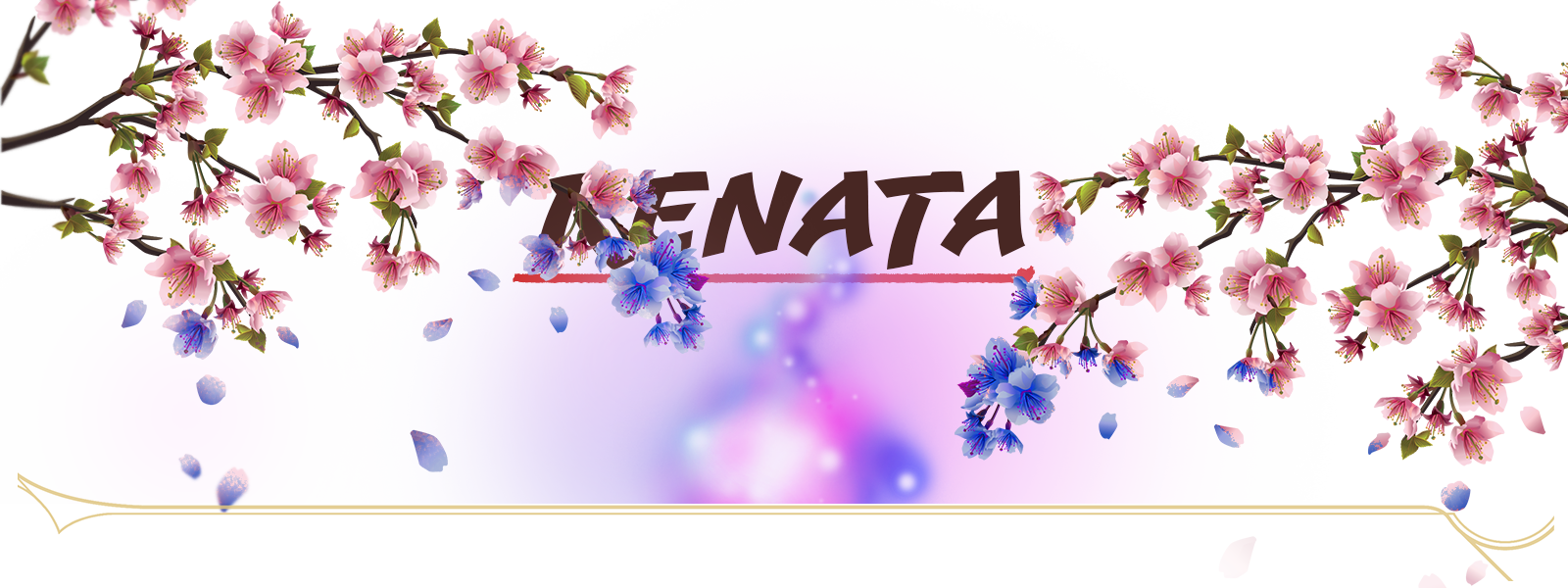Society, laws and rights of the various estates of the Crimson Coast, an overview.
(THIS IS A WORK IN PROGRESS)
Society in most of Haru (excepting the Apex Enclave) is divided into a number of "estates". These estates consist of people of similar professions (merchants, peasants, etc) who enjoy different legal and social status.
At the top of the social hirarchy are the warrior aristocracy known as the 'samurai'. Samurai are landowners, administrators, and the warrior class all at once. They are supposed to follow a strict code of ethics and ideals known as 'bushidõ. They enjoy vast legal privileges to the degree that they are largely sovereign lords on their vast agricultural estates. In so far as anyone exerts authority over them it is other more powerful members of their own social class, as well as the moral norms imposed by the 'bushidõ' code. One priviliege of the Samurai is their right to kill anyone of lover status whom disrespects them. Restrictions imposed by law and norm prohibits them from working in any capacity as a tradesman, artisan or farmer, as these are professions too shameful for a member of the samurai class.
Unlanded members of the samurai class whom also lacks a master is known as a 'ronin'. Ronin enjoy the legal privileges of the samurai class, but also their restrictions. Thus they are unable to make a living except by the sword, and thus end up as mercenaries of bandits.
Beneath the samurai are the peasants who are the vast majority of the population. Their lot is comparable to that of the serfs of northern Pelagus. They are considered bound to the estate of their local samurai and may not leave it without his consent. The exact condition and rights of the peasantry varies from estate to estate and from region to region. The most common arrangement sees the peasants working on their 'own' land for 3 - 4 days a week, and on their lord's land ' 3 - 4 days a week. Peasants can be called up for military service, though usually not for more than 60 days a year and always outside of the harvest season. This is not normally done for fear of revolt. Peasants may not own weapons meant for warfare. There is some wiggle-room here. Peasants have been known to own very large 'knives', and samurai often turn a blind eye to this as bandits are common. Although peasants are often poor they are relatively well respected by the aristocracy (in a patronizing sort of way). Their profession is seen as honorable and traditional, as well as nessecary for the survival of all.
Underneath the peasants are the artisans. These skilled craftsmen are often wealthier than the peasants and sometimes even the samurai. Yet they are often considered of low status and little honour. Artisans are mostly confined to the cities, as rural villages have little need for their produce on a regular basis.
Merchants are considered the least honourable of all. Most samurai will not even deign to look at a merchant, much less speak to one. They instead conduct business through their servants when nessecary. Even the humble peasant turn their nose up at merchants. Merchants have few rights, they are often subject to arbitrary punishments and changes in regulation, and whenever the local ruler is in need of money they are squeezed. Some merchants live in great luxury and can ignore or compensate for their perceived lack of honour and very real lack of social status and state protection. Most live in squalor, eking out a living in the towns and cities ever looked down upon by their fellows.
Slaves occupy no place within the feudal system as they are considered livestock and not people. Animals neither lack or possess honour and so it is though to be with slaves as well. Slaves have no rights at all, and can be treated however their master wishes.
It must be mentioned that women are considered a little less than human in Haru. Women cannot be warriors and are not allowed to be practice crafts. Thus women born of samurai are not properly part of that estate. They are bound by its restrictions but enjoy none of the privileges. The same goes for female members of the artisan class. Women are expected to maintain their purity until marriage (which normally happens around the age of 15 for peasants and 12 - 13 for the aristocracy).
The concept of honour is more important in Haru than anywhere else in Renata. This may seem preposterous to anyone who has had dealings with knights of the Cobalt Order but it is nevertheless true. One proof of this is the custom of ritual suicide committed by members of the samurai when facing dishonour. Honour is very much a case of life and death, especially to the upper classes, but even merchants have been known to resort of murder or/and suicide when accused of dishonourable conduct.
(THIS IS A WORK IN PROGRESS)









Comments